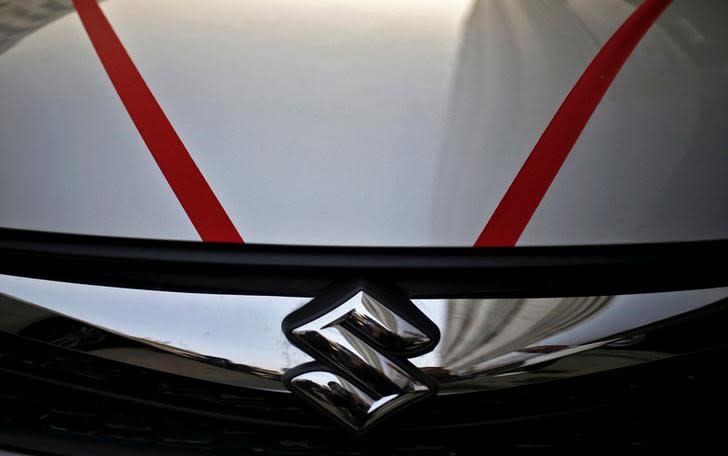Sales at India's auto makers plunge as cash crunch grips country
By Promit Mukherjee and Sankalp Phartiyal
MUMBAI (Reuters) - Indian auto makers' monthly domestic sales plunged in November from the previous month as an intense cash crunch in the country brought a recent recovery in consumer demand to a screeching halt, especially in rural areas.
In some of the first tangible evidence of the impact on company results from Prime Minister Narendra Modi's surprise ban on 500 rupee and 1,000 rupee banknotes, domestic sales at Tata Motors, India's biggest auto maker by revenue, fell 28.4 percent month on month to 33,274 vehicles.
Mahindra & Mahindra, India's top maker of sport utility vehicles, had domestic sales of 29,814, down 38.8 percent from October and 24.3 percent year on year.
Other smaller auto makers also reported double-digit percentage declines from October's sales.
A pick-up in consumer demand for big-ticket items such as cars had been a bright spot for India's economy, and the profits of auto makers, helping gross domestic product to an annual expansion of 7.3 percent between July and September, the fastest rate for a large economy.
But Modi's surprise ban on Nov. 8 of banknotes that accounted for 86 percent of currency in circulation has severely dented consumer confidence.
"While we expected an improved auto industry performance on the back of the festive season and other positive parameters such as rural demand and interest rates softening, the sudden announcement of demonetisation has brought in an immediate disruption and uncertainty," said Pravin Shah, Mahindra & Mahindra's president and chief executive (automotive).
Other automakers will report November sales later on Thursday and in the coming days.
HARD-HIT RURAL AREAS
Analysts say that sales of two-wheelers and tractors in rural areas will suffer most, given the strong reliance on cash outside of India's cities. Credit Suisse estimates that about 40 percent of purchases of two-wheelers are financed by cash.
TVS Motor Co reported sales of two-wheelers last month dropped 27.9 percent from October.
Cars, particularly premium models, are mainly financed in other ways but sales are still expected to suffer because of weak consumer sentiment.
In Guwahati, the largest city in India's remote northeast, showrooms that only a few weeks ago were bustling with customers looked desolate during a visit this week.
Arindam Das, a marketing executive at a Honda dealership, said: "We had lots of offers during the Diwali festival (in October) and business was very good.
"Lots of people were to turn up for bookings in November, but with the demonetization taking place there is no word whatsoever from those who made enquiries."
Analysts including domestic brokerage Kotak Institutional Equities believe that the drag in auto sales could last until the end of the financial year in March.
"We believe the demand will merely be pushed back to return sharply in FY 2018 with lower interest rates and improvement in cash circulation in the economy," Kotak said in a note last week.
(Additional reporting by Zarir Hussain in GUWAHATI, Jatindra Dash in BHUBANESWAR and Jose Devasia in KOCHI; Writing by Rafael Nam; Editing by Muralikumar Anantharaman and David Goodman)

 Yahoo Finance
Yahoo Finance 

